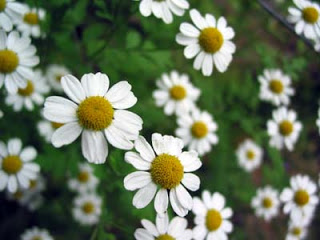Esophageal dysphagia is when you have trouble moving food through your esophagus to your stomach. It is the most common kind of dysphagia.
 |
| Herbal store |
Herbal Cure: Herbs are one way to strengthen and tone the body's systems. But they can cause side effects and possibly interact with other medications. As with any therapy, you should work with your doctor before starting treatment. You may use herbs as dried extracts (capsules, powders, or teas), glycerites (glycerine extracts), or tinctures (alcohol extracts). Unless otherwise indicated, make teas with 1 tsp. herb per cup of hot water. Steep covered 5 to 10 minutes for leaf or flowers, and 10 to 20 minutes for roots. Drink 2 to 4 cups a day. Always tell your doctor about any herbs you may be taking.
You may use the following tinctures, alone or in combination.
Licorice ( Glycyrrhiza glabra ). Standardized deglycyrrhizinated licorice (DGL) extract, taken either 1 hour before or 2 hours after meals, for reducing spasms and swelling and as a pain reliever specifically for the gastrointestinal tract. DGL has a chemical removed from the licorice that has been known to cause high blood pressure. So take only the DGL form for this condition. Chewable lozenges may be the best form of licorice for treating GERD. Licorice can interact with many medications and is not appropriate for people with certain conditions, including heart disease. Talk to your doctor.
Slippery elm ( Ulmus fulva ). As a tea, for demulcent (protects irritated tissues and promotes healing). One teaspoon of slippery elm powder may be mixed with water. Drink 3 to 4 times a day. Slippery elm may interact with medications. Speak with your physician.
Marshmallow ( Althaea officinalis ). As a tea, to smooth and moisturize any inflamed tissues. To make tea, steep 2 to 5 g of dried leaf or 5 g dried root in 1 cup of boiling water. Strain and cool. Avoid marshmallow if you have diabetes. Marshmallow can interact with certain medicines, including lithium and diabetes medications.
The above herbs have soothing properties. But they can also interfere with absorption of other medications and should be taken at least 2 hours apart from any medicines.
All herbal products are available
WhatsApp : 9858986794
Ph: 01933-223705
e-mail: jkmpic@gmail.com
https://ginkgohouse.blogspot.com



